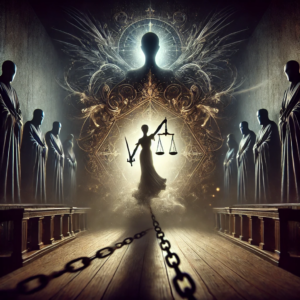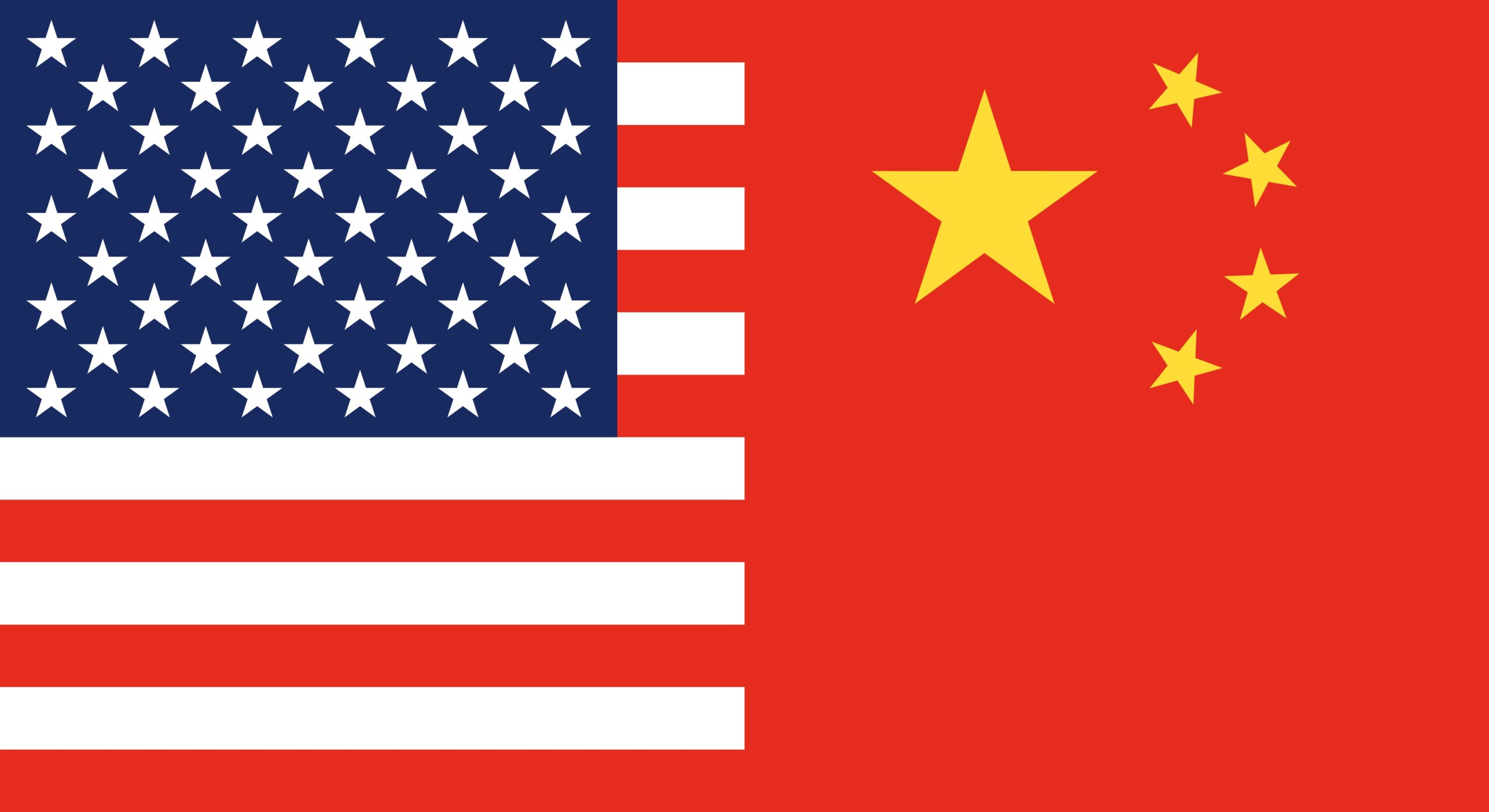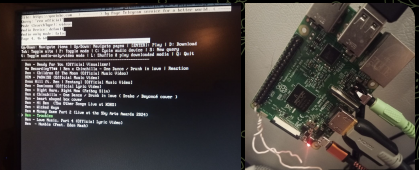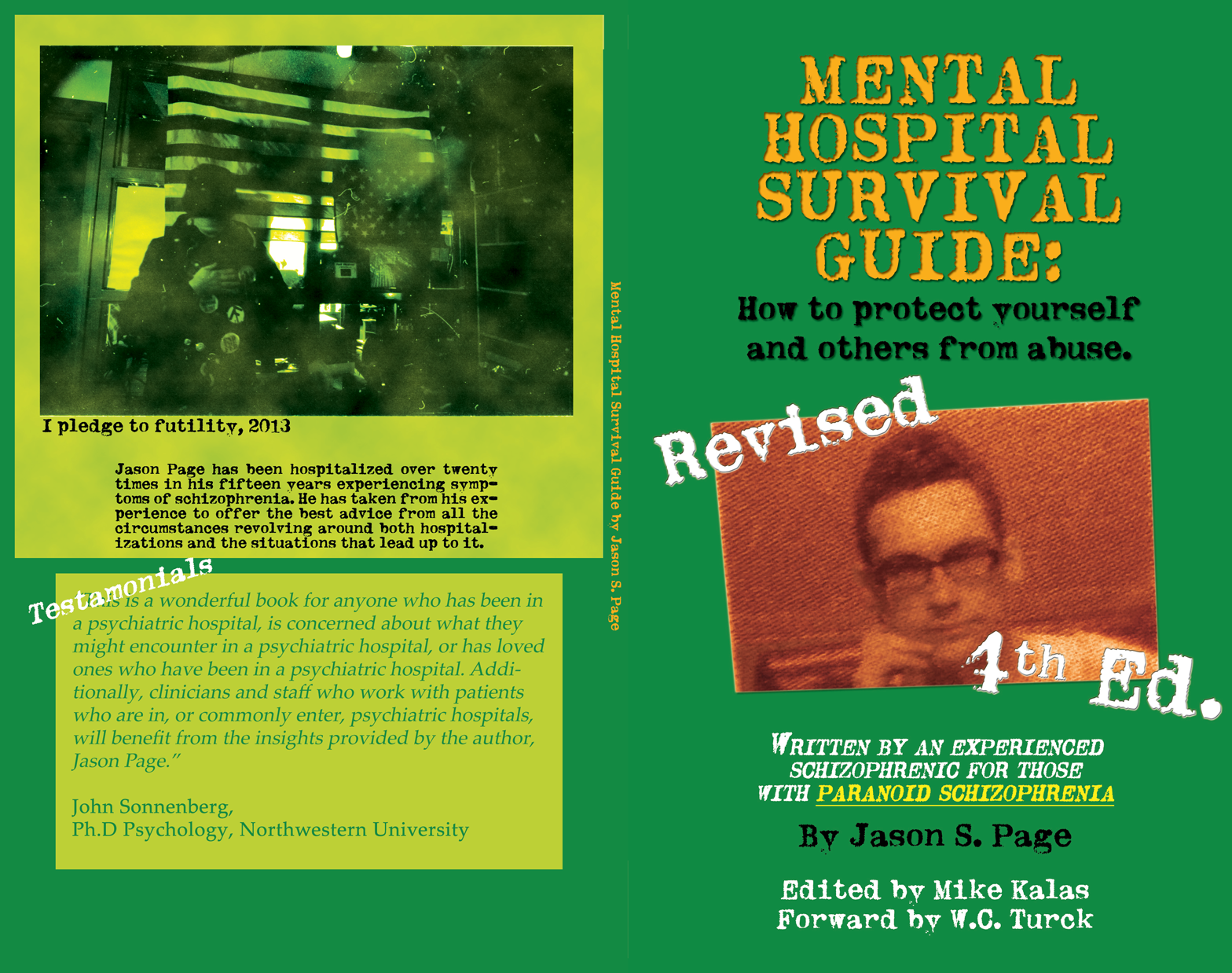Peter Gabriel’s “The Court” resonates deeply with my observations into the dark-side of societal influences with alarming headlines that people read and watch in the last couple decades; often stories of investigations that get mention without followup. The song serves as both a poetic exploration and a stark reflection of the hidden mechanisms of power and control in our world. Inspired by Gabriel’s knack for addressing justice and systemic accountability, I interpret the song as a metaphor for the corrupted dynamics that thrive in influential circles—those sectors where perversions, secrets and blackmail become tools of control in service of a global agenda.

The Idea Behind the Message:
Gabriel has often drawn inspiration from universal themes of truth, justice and humanity’s struggle to reconcile with its own flaws. For “The Court,” I imagine he tapped into the essence of societal accountability—the courtroom as a symbolic space where human frailty meets the demand for justice. But in my interpretation, this courtroom also reflects a more sinister aspect: the manipulation of individuals and institutions by those wielding hidden influence.
Compromised Individuals as Assets:
In this view, those who have been induced into perversions or corrupted by systemic grooming are not merely participants in a moral failing—they are transformed into assets. These individuals, often powerful or influential are trapped by their own fears, bound by the threat of exposure. They become tools of a larger corrupted globalist agenda used to enforce compliance and extend influence.
- Grooming for Control: The system identifies vulnerabilities—be it ambition, vanity or moral weakness—and exploits them. Those drawn into compromising situations are often unaware of the broader implications until it’s too late.
- Blackmail as a Weapon of Duress: Like Gabriel’s courtroom where every secret is exposed, these individuals live under the constant shadow of their own potential exposure. Fear ensures their silence, turning their personal shame into a lever for manipulation.
The “Third Hand” Influence:
In Gabriel’s exploration of justice, one might imagine him pointing to a deeper truth: that the visible systems of power—Hollywood, politics and corporate structures—are themselves controlled by a hidden hand. This third hand operates beyond public scrutiny, weaving a web of influence that thrives on secrecy and exploitation.
This hidden force, as I interpret it, drives agendas too vast and interconnected to expose without catastrophic consequences. Gabriel’s courtroom becomes a metaphor not just for individual judgment, but for the reckoning of an entire system—a system that has embedded itself so deeply that confronting it threatens societal stability.
The Risk of Exposure:
Gabriel’s work often highlights the fragility of systems under strain and I see “The Court” as no different. To expose the entire network of corruption would leave a vacuum too wide to fill without chaos. The fear of destabilization—the idea that justice itself could spark revolutionary upheaval—is what keeps this system of manipulation intact.
A Resolution Inspired by the Song:
If Gabriel’s song urges us to confront our complicity and embrace accountability, I see a path forward that echoes this message:
- A Unified Testimony: All those who have been compromised—those trapped in perversions, blackmail and manipulation—must rise together. The power of the system lies in isolating its abusers and the unaccounted victims; collective action strips the manipulative advantage that can be too graphic to mention.
- Exposing the Third Hand: Just as Gabriel’s lyrics call for uncovering hidden truths, this system’s root influence must be revealed. Those trapped within it must name their handlers and shine a light on the mechanisms of control.
- Reconciliation Over Retribution: Gabriel’s courtroom isn’t about vengeance—it’s about balance, equitable justice and healing. A similar approach is needed here: granting protection or amnesty to those who testify truthfully, while dismantling the structures of manipulation.
Final Thoughts:
Peter Gabriel’s “The Court” is a powerful reminder of the complexities of justice in an imperfect world. My interpretation of its message extends to the hidden corridors of influence where fear and shame perpetuate systemic corruption. Themes that Gabriel expresses often also offers hope: the possibility that by facing these truths humanity can transcend its flaws and build a better future for humanity.
* ‘The Court’ by Peter Gabriel is part of his album I/O: https://www.youtube.com/watch?v=px76Jn4CUcc
![]()





